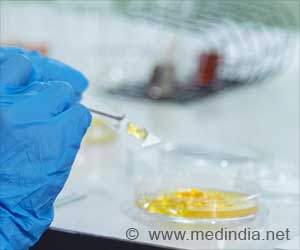Chinese scientists have devised a novel technique to identify genes and other biological pathways associated with drug addiction.
Their work attains significance as it may pave the way for potential ways to treat drug abuse and disorders."We have found 396 addiction-related genes and identified five pathways that are common to addiction to four different substances: cocaine, opium, nicotine and alcohol," the China Daily quoted Wei Liping, the director of the centre for bioinformatics of the life science college under Peking University, as saying.
"The research provides a more complete picture of drug addiction, as genetic factors contribute to about 60 per cent of the vulnerability to drug addiction," she said.
She said that tracking common pathways gives the hope that the effectiveness of therapies that target such pathways may be boosted to treat a wide range of addictive disorders.
Liping’s study was based on scientific literature published in the past three decades, and 2,343 items of evidence linking genes to addiction.
In their research, she and her colleagues used an integrated "systems biology approach", one of the first "computational system biology approaches" to studying addiction.
Advertisement
"Only when you gather most of the pieces from different places and arrange them together in an orderly fashion, do interesting patterns emerge," she added.
Advertisement
"Treatment would benefit not only the people suffering from addiction but also their relatives and friends," she said.
"However, we still have a long way to go in terms of clinical application, and we will work harder towards that," she added.
The results of the study, launched in 2005 with support from the Ministry of Science and Technology, have been published in Plos Computational Biology, an official journal of the International Society for Computational Biology.
Source-ANI
SRM/M








